App Store billings and sales hit a whopping $643 billion last year
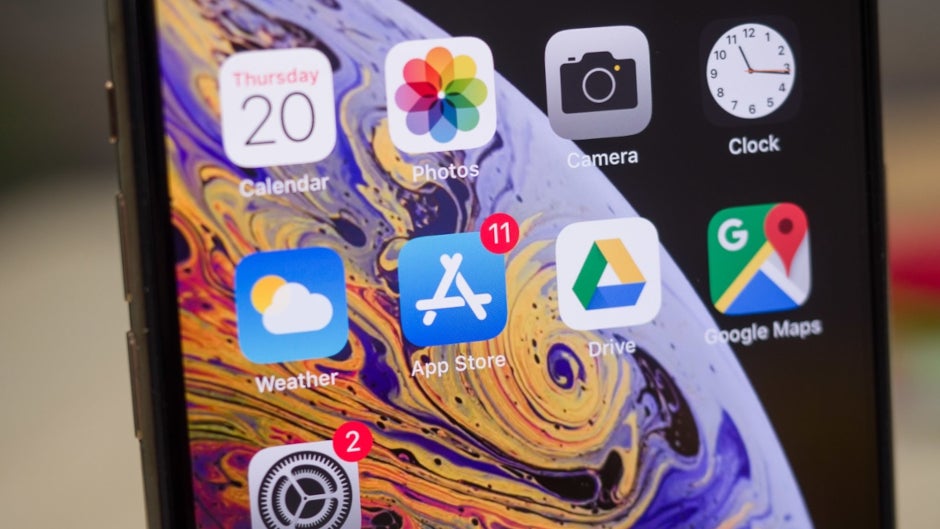
Based on an independent study of the App Store, the iOS app storefront generated $643 billion in sales and billings last year (which includes Apple's cut of in-app purchases and ad sales), up 24% from the $519 billion that the App Store brought in during 2019. According to AppleInsider, the study, titled "A Global Perspective on the Apple App Store Ecosystem," reveals that not only did iOS app developers expand their business in 2020, they also expanded their customer base.
Small developers continue to dominate the App Store
It also turns out that since 2015, the number of small developers on the App Store has grown by 40%. The definition of a small developer is one with fewer than 1 million downloads and less than $1 million in earnings and 90% of App Store developers fit this definition. And of those small developers, 25% of them have managed to increase their earnings by 25% a year over the last five years.
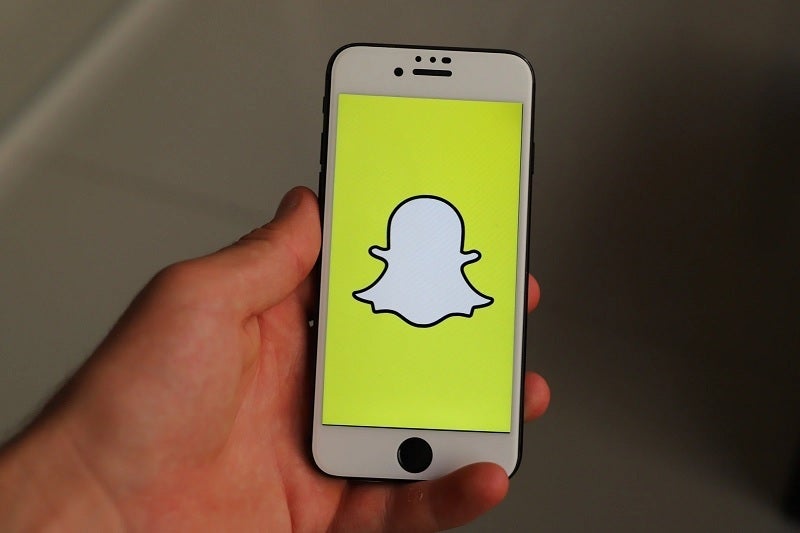
CEO of Snap, Evan Spiegel, praises the App Store and Apple's in-app payment platform
The report also shows that close to 80% of small developers have apps in App Stores across different countries. On average, App Store developers get paid from customers located in more than 40 countries. Overall, the App Store is available in more than 175 countries and regions, supports more than 40 different languages, 45 different currencies and over 200 different payment methods.
Apple CEO Tim Cook says, "Developers on the App Store prove every day that there is no more innovative, resilient or dynamic marketplace on earth than the app economy." Cook adds that "The apps we've relied on through the pandemic have been life-changing in so many ways — from groceries delivered to our homes, to teaching tools for parents and educators, to an imaginative and ever-expanding universe of games and entertainment. The result isn't just incredible apps for users: it's jobs, it's opportunity, and it's untold innovation that will power global economies for many years to come."
We should point out that the App Store has also generated conflict between Apple and developers because of the company's in-app payment system under which Apple snags as much as a 30% cut of in-app transactions. And any developer that offers its own platform to compete with Apple and get around the 30% Apple Tax will find its app removed from the App Store. This is what happened with Epic Games and its popular Fortnite title.
Last month Epic and Apple wrapped up a two-week trial and we expect the judge to announce her decision some time during the third quarter. Apple and the App Store have been called anticompetitive since Apple doesn't allow iOS and iPadOS users to install apps from any other app storefront outside of the App Store. This is one area where there is a big difference between iOS and Android since Android users are allowed to sideload apps from third-party app stores.
The App Store has become a center of controversy because of the Apple Tax
Apple's in-payment platform did get a thumbs up from the CEO of Snapchat parent Snap, Evan Spiegel. The executive said that Snap is "happy" to pay Apple's 30% cut noting that Snapchat would not be around if it weren't for Apple and the App Store. This is the minority view, but another developer has praised Apple's app ecosystem.
Wakeout! is an app that offers 1,500 exercises to keep users active and its founder, Andres Canella, called Apple's in-app payment system "essential" for a small business. He states that "It's enabled us to expand globally without having to worry about calculating things like local taxes or currency conversion. And using it is so transparent for our customers — we're able to reach everywhere, China, France, you name it. We get all the benefits of selling globally without ever having to think about it, which is priceless."
Still, for every Snapchat and Wakeout! there is a Fortnite, a Netflix, or a Spotify that publicly attacks the App Store and Apple calling the setup a monopoly and anticompetitive.
Follow us on Google News

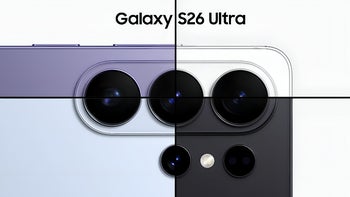
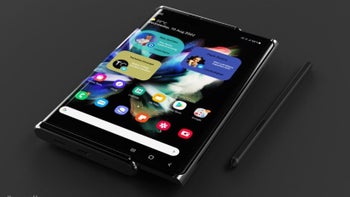
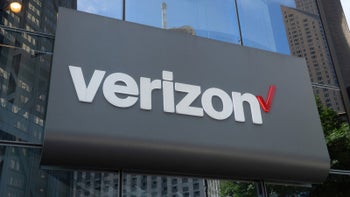
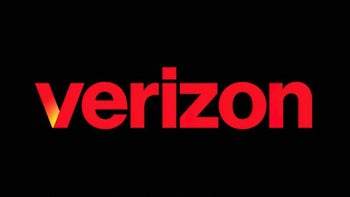

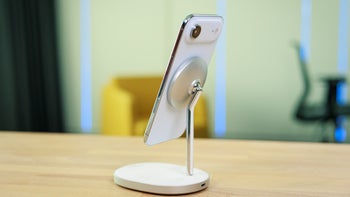
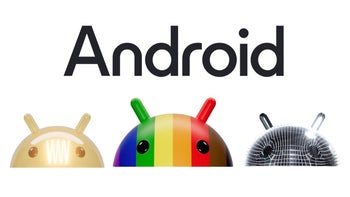
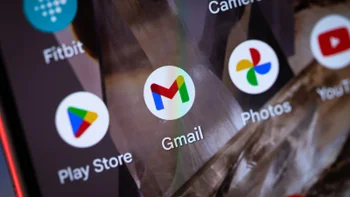
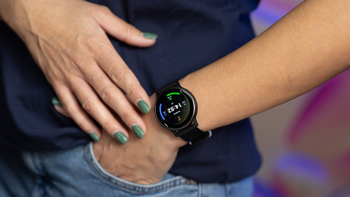
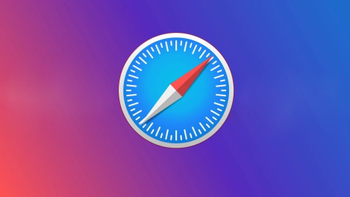
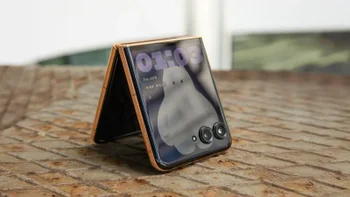
Things that are NOT allowed:
To help keep our community safe and free from spam, we apply temporary limits to newly created accounts: